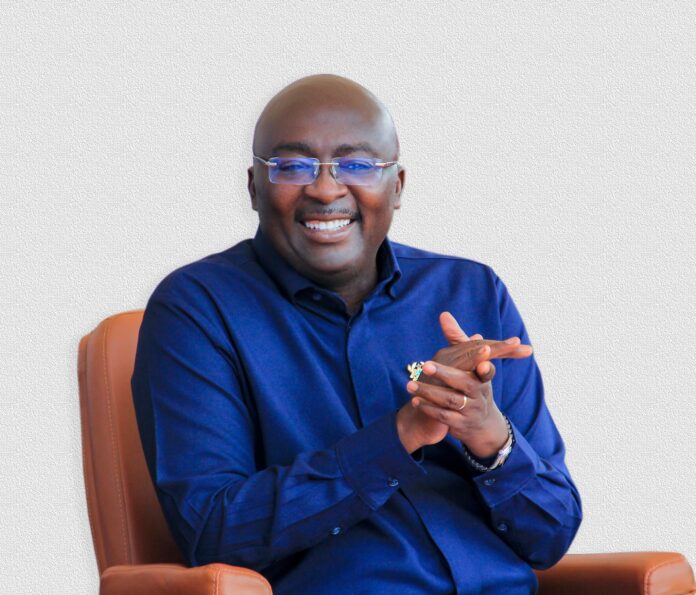|
Getting your Trinity Audio player ready...
|
In the face of Ghana’s persistent economic challenges, Dr. Mahamudu Bawumia emerges as a key figure under scrutiny, positioned to potentially lead the nation towards recovery. As the Vice President of Ghana, Bawumia brings to the table a background in economics, and expectations are high that his expertise could be instrumental in navigating the complexities of the country’s economic downturn.
The foremost issue demanding Bawumia’s attention is the escalating inflation rates. With a background in monetary economics, he faces the challenge of implementing effective measures to curb inflation and stabilize the Ghanaian cedi. The nation awaits to see if Bawumia can leverage his economic acumen to address this fundamental concern, considering the implications for citizens’ purchasing power and overall economic uncertainty.
A widening fiscal deficit poses another significant hurdle, and Bawumia’s role in coordinating economic policies becomes paramount. Balancing the need for fiscal stimulus to spur growth while avoiding excessive government spending requires a delicate touch, and Ghanaians are keen to observe how Bawumia navigates this intricate landscape.
External debt pressures remain a thorny issue for Ghana’s economic stability. Bawumia’s challenge lies in developing a comprehensive debt management strategy that ensures sustainability and guards against adverse effects on the nation’s creditworthiness. The scrutiny intensifies as Ghanaians look for reassurance that the Vice President can strike the right balance between external borrowing and domestic revenue generation.
Structural challenges within vital sectors, notably agriculture and energy, demand innovative solutions. Bawumia’s ability to tackle issues like inconsistent agricultural productivity and energy sector inefficiencies becomes a focal point, with the hopes of fostering resilience against external shocks and attracting foreign investment.
The energy sector, plagued by frequent power outages, requires urgent attention. Bawumia’s role in implementing reforms to stabilize the sector and encourage industrial growth is closely monitored. Ghanaians are eager to witness concrete steps that will alleviate the power woes and create an environment conducive to both local businesses and foreign investors.
Bawumia’s economic vision for Ghana is under scrutiny, particularly regarding short-term stabilization measures and long-term structural reforms. Ghanaians seek clarity on how he plans to stimulate economic growth while ensuring fiscal responsibility, and how he envisions the role of the private sector in the nation’s development.
The strengthening of institutions responsible for economic governance is pivotal. Bawumia’s commitment to enhancing transparency and accountability in economic management becomes a determining factor in restoring confidence among both local and international investors.
In conclusion, as Ghana grapples with economic hardship, Dr. Mahamudu Bawumia’s leadership is at the forefront of public attention. His background in economics positions him as a pivotal figure in steering the nation towards recovery. Ghanaians look to Bawumia for concrete actions, innovative solutions, and a clear economic roadmap that instills confidence and paves the way for sustainable growth.
By: D. N. A. MENSAH, Daily Mail GH /Follow the writer @SkipperWrites on Twitter





